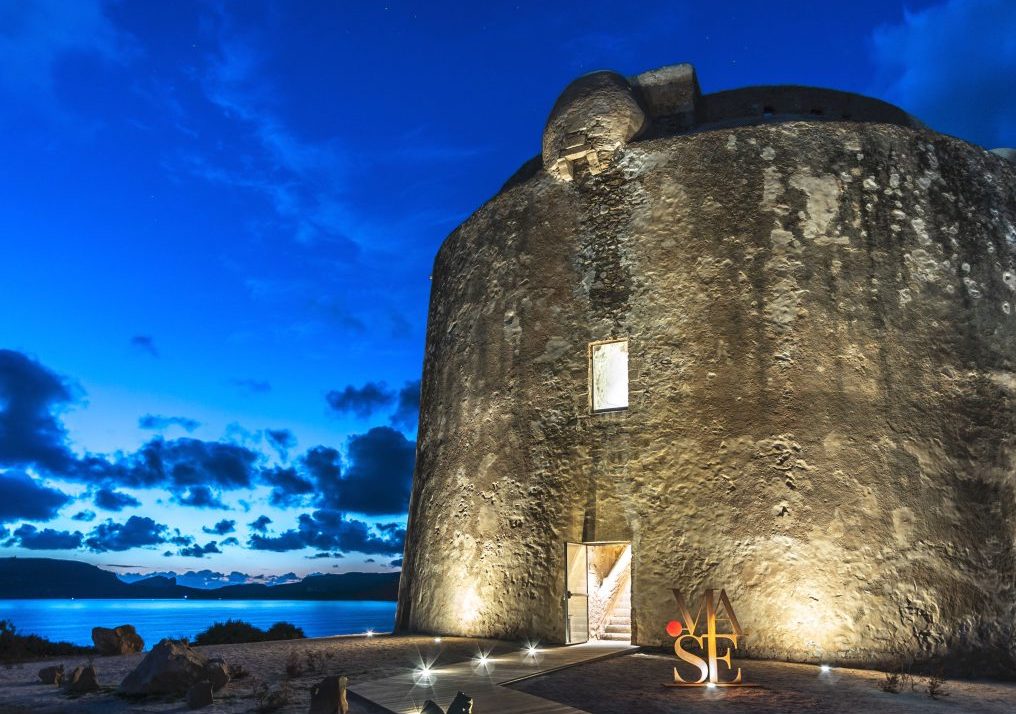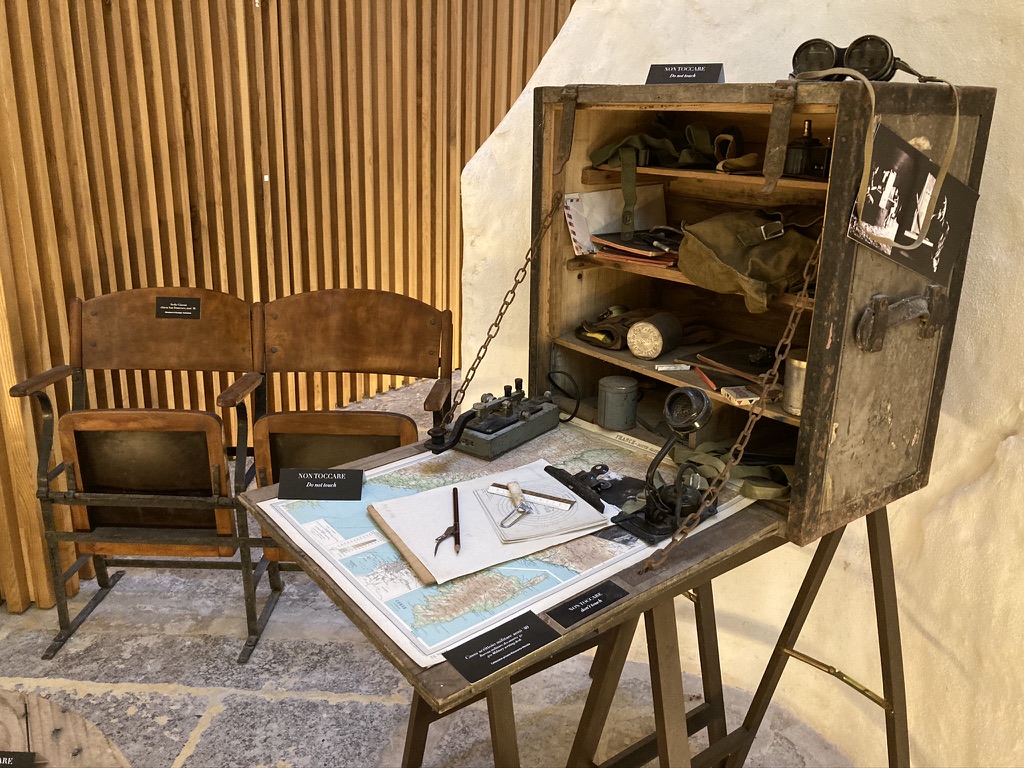Partire, ma anche aspettare: perché il viaggio è pure saper prendere tempo. Garantisce Saint-Exupery con un parco e un museo
Il Piccolo Principe di Saint-Exupery e la lezione dei nomadi: prepararsi a partire, ma senza impazienza.

Il Piccolo Principe di Saint-Exupery e la lezione dei nomadi: prepararsi a partire, ma senza impazienza.

(English translation below)
Su Rewriters dell’11 marzo, Eugenia Romanelli ha dedicato una lettura al Piccolo principe di Saint-Exupery. Lettura dolcissima, perché quelle pagine sono colme di una qualità della tenerezza che è un manifesto del viaggio leggero e viene in soccorso ai nomadi bloccati dalla pandemia. Infatti nel suo peregrinare tra le stelle, il principino non disdegna le soste forzate, le battute d’arresto prolungate, e diffida di chi si affretta a ripartire. Al mercante che gli dichiara di prendere le pillole per non bere, risparmiando così 53 minuti, egli ribatte che avrebbe impiegato quel tempo non per correre altrove, ma per camminare adagio adagio verso una fontana.
Saint-Exupery conosceva i luoghi remoti delle soste – i picchi delle Ande, il Sahara, il cielo dei voli notturni – aveva fatto sua la lezione dei nomadi, in particolare dei tuareg. Egli metteva in guardia dal comportarsi come se il tempo impiegato per fare alcune azioni – andare da un posto all’altro, attendere, preparare, tessere un tappeto, o anche far pervenire una notizia – fosse un vuoto, una perdita di tempo che vale la pena di ridurre al minimo, senza rendersi conto che accorciando eccessivamente questo tempo, o addirittura annullandolo, alteriamo il significato delle nostre azioni.
Con la loro arte dello spostamento, i nomadi conoscono la differenza fra il tempo storico e il tempo esistenziale, e Saint-Exupery fu tra i primi occidentali a credere che tutti i nostri guai vengono da questa dicotomia. Invece, anche nell’attesa della ripartenza, nella pazienza dell’alt, significato della vita ed economia personale diventano inscindibili: le azioni prendono un altro valore – non fosse altro che l’intensità dell’incontro che entro le dieci di sera deve concludersi. Saint-Exupery ci ricorda che per certe cose ci vuole il tempo che ci vuole, come per la digestione del boa, che ingoia la sua preda tutta intera, senza masticarla, e dopo di che non riesce più a muoversi e dorme durante i sei mesi che la digestione richiede…

Ci voleva un grande viaggiatore per ammonire che mutatis mutandis, quella del boa è la condizione attuale della nostra civiltà, a lungo troppo ingorda. Saint-Exupery plasmò la sua saggezza nella lunga solitudine dei voli, al cospetto con gli elementi assoluti – il mare, il deserto, l’aria, le stelle, le montagne – ma anche della macchina – l’aeroplano, la ricetrasmittente. Nei loro confronti occorre conformarsi a una disciplina “simile ai riti di una religione”, come il regolamento del pilota, il taccuino di volo, le chiamate regolari alla radio – abitudini e norme che possono sembrare assurde “ma plasmano gli uomini” perché lo educano a controllare il bagaglio e le apparecchiature, a prendere nota di quanto succede.

Non è un caso che in un luogo di per sé remoto, un antica torre di avvistamento nella punta occidentale della Sardegna, siano aperti un parco del Piccolo principe, e il MASE, l’unico museo italiano dedicato a Saint-Exupery, che ad Alghero ebbe la sua penultima base di volo prima che si inabissasse, quasi a guerra finita, durante una delle sue ricognizioni. Vi sono raccolte lettere e fotografie, apparecchi radio e modellini, vi si apprende l’importanza delle previsioni metereologiche e delle mappe geografiche, e il ritmo degli aviatori, che prima di una missione dovevano aspettare un tempo anche lungo che Saint-Exupery sapeva bene come impiegare (nuotando, scrivendo, suonando…). Lo spazio circolare, prima chiuso e poi, in cima alla torre, di fronte al mare e sotto un cielo splendido, scandisce l’irresistibile vocazione alla viaggio, ma partendo da uno scrigno intimo e solo quando si è pronti e si deve – non prima.
ENGLISH VERSION
The Little Prince of Saint-Exupery and the lesson of the nomads: preparing the departure, without impatience.
On Rewriters of 11 March, Eugenia Romanelli dedicated a reading to the Little Prince of Saint-Exupery. A sweet reading, because those pages are filled with a quality of tenderness that is a manifesto of the “light journey”, and supports to nomads blocked by the pandemic. In fact, in his wanderings among the stars, the little prince does not disdain forced stops, prolonged setbacks, and is wary of those who hurry to leave. To the merchant who tells him to take the pills not to drink, thus saving 53 minutes, he replies that he would use that saved time not to run elsewhere and to walk slowly towards a fountain. Saint-Exupery knew well remote places – the peaks of the Andes, the Sahara desert, the sky of night flights – and he learned the lesson of the nomads, especially the Tuaregs.
He warned against behaving as if the time taken to do certain actions – go from place to place, waiting, preparing stuff, weaving a carpet, or even exchanging news – was a “void”, a “waste of time”. He did realize that by excessively shortening this time, or even cancelling it, we alter the meaning of our actions. Thanks to their art of moving, nomads know the difference between historical and existential times, and Saint-Exupery was among the first Westerners to believe that all our troubles come from this dichotomy. Instead, even while waiting for the restart, in the patience of “halting”, the meaning of life and personal balance become inseparable: actions acquire another value – if only through the intensity of a meeting that must end at 10 pm because of the pandemic restrictions
Saint-Exupery reminds us that for certain things it takes the time it takes, such as for the digestion of the boa, which swallows its prey whole, without chewing it, and after which it can no longer move and sleeps during the six months required by the digestion…
Only such a great traveller could warn that, mutatis mutandis, the one of the boa is the current condition of our civilization, for a long time too greedy. Saint-Exupery designed his wisdom in the long solitude of flights, in the presence of the absolute elements – the sea, the desert, the air, the stars, the mountains – but also of the machine – the airplane, the transceiver radio. In coping with them, it is necessary to conform to a discipline “similar to the rituals of a religion”, such as the pilot’s regulations, the flight notebook, regular radio calls – habits and rules that may seem absurd “but they shape men” because they educate to check baggage and equipment, to take note of what is happening, to take time.
It is no coincidence that in a remote place, in the northwest point of Sardinia, are open a “park of the Little Prince“, and the “MASE”, the only Italian museum dedicated to Saint-Exupery, who in Alghero had its penultimate flight base before he died, almost at the end of the war, during one of its reconnaissance flights.
Through the collection of letters, photographs, radios, one learns the importance of weather forecasts and geographical maps, and of the timeframe of aviators, who sometime had to wait a long time before leaving for mission. Saint-Exupery knew well how to employ it (swimming, writing, playing music…). The circular space, first closed and then, on the tower roof, in front of sea and under a splendid sky, marks the irresistible people’s vocation to travelling, but starting from an intimate treasure chest and only when one is are ready and has to – not before.
Niccolò Rinaldi
